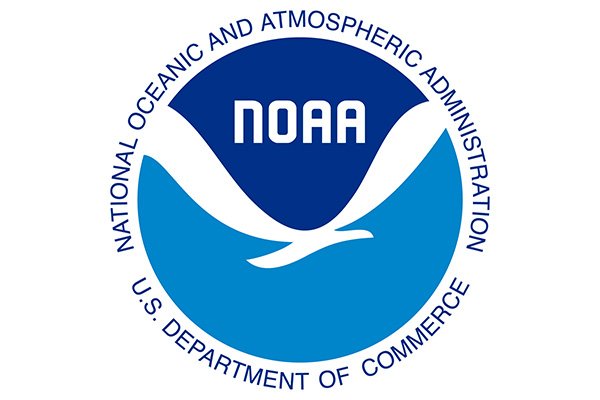Resilience, Adaptation, and Transformation in Lobster Fishing Communities
Using lessons learned in the past to inform the future
Fishermen and fishing communities have adjusted to ecosystem changes in the past, and insights from these experiences may provide useful lessons for communities anticipating future changes. Using the American lobster fishery as a case study, we will draw lessons from community experiences through a downturn in lobster populations in Southern New England that could help identify conditions and decisions that support resilient fishing communities in the Gulf of Maine as they face potential future changes.
Project Goals:
- Characterize outcomes experienced by Southern New England fishing communities after declines in lobster abundance in the late 1990s.
- Understand individual and community choices and the contexts associated with specific community outcomes.
- Assess how current contexts surrounding Gulf of Maine fishing communities may influence choices and outcomes if faced with future lobster population declines.
- Share experiences from Southern New England and potential resilience and adaptation pathways with interested participants in the Gulf of Maine lobster industry.
Ocean warming is creating challenges for fishing communities as they confront shifts in the productivity and distribution of species they have historically fished. Fishermen respond to these changes in a variety of ways by seeking approaches that enable them to persist, innovate, and adapt as the system changes around them. Contrasting experiences in Southern New England versus Gulf of Maine lobster fisheries provide an opportunity to understand the conditions and responses that enabled fishing communities in Southern New England to maintain strong fishing cultures and economies during rapid ecological and socio-economic changes.
The experiences of Southern New England fishing communities during the decline of American lobster populations in the late 1990s may provide relevant insights for lobstermen and communities in the Gulf of Maine concerned about future declines as a result of rising temperatures.
We will document three major types of outcomes for fishermen and communities responding to change: resilience, adaptation, and transformation.
Additionally, we will investigate how actions and characteristics at individual and community scales shape responses and outcomes. Ultimately, we will evaluate if and how the experiences in Southern New England might apply to lobstermen and communities in the Gulf of Maine in order to support their efforts to maintain culturally, socially, and economically important fishing communities in the region.
Read more about NOAA’s National Sea Grant Office's American Lobster Initiative here.
Project Team
-
![the staff photo for Kathy Mills]()
-
![]()
-
![Headshot of Kat Maltby]()
-
![A portrait of a woman smiling.]()
Lisa Colburn, Ph.D.
External Collaborator
NOAA Northeast Fisheries Science Center
Project Sponsor

This project is funded by NOAA’s National Sea Grant Office as part of its American Lobster Initiative under award NA19OAR4170398.
Read Next
-
![Gulf of Maine Warming Update: Spring 2024]()
Gulf of Maine Warming Update: Spring 2024
Over the past decade, scientists have led a body of research that highlights the rapid pace of warming in the Gulf of Maine. To help …
Reports
-
![Gulf of Maine, Explained: Tracking Ocean Conditions]()
Gulf of Maine, Explained: Tracking Ocean Conditions
GMRI Senior Program Manager, and leader of our Ocean Data Products team, Riley Young-Morse explains how she uses deep water buoys to collect data on …
Gulf of Maine, Explained
-
![Gulf of Maine, Explained: Environmental DNA (eDNA)]()
Gulf of Maine, Explained: Environmental DNA (eDNA)
GMRI Research Scientist Dr. Graham Sherwood, who leads our Fisheries Ecology Lab, explains how environmental DNA (eDNA) can help us study fish populations in the …
Gulf of Maine, Explained
-
![Gulf of Maine, Explained: Species Distribution Modeling]()
Gulf of Maine, Explained: Species Distribution Modeling
GMRI Quantitative Research Associate Dr. Andrew Allyn talks about how scientists use computer models to understand where fish are in the Gulf of Maine, and …
Gulf of Maine, Explained



